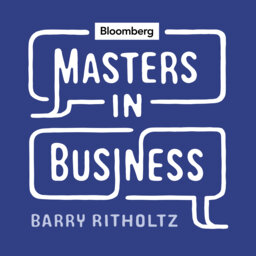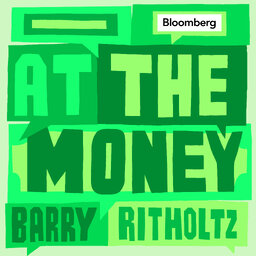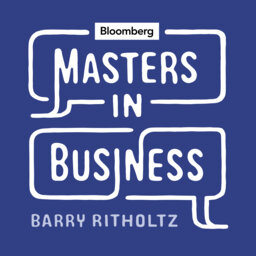Graham Weaver on Private Equity
Bloomberg Radio host Barry Ritholtz speaks with Graham Weaver, who is the founder and CEO of Alpine Investors, a PeopleFirst private equity firm in San Francisco which invests in software and services. Graham has been in private equity for over 20 years, having started Alpine in his dorm room at the Stanford Graduate School of Business.
In 1 playlist(s)
Masters in Business
Barry Ritholtz speaks with the people that shape markets, investing and business.Social links
Follow podcast
Recent clips

How AI Could Freeze Progress with Hilary Allen
1:11:26

At The Money: The Mega Backdoor Roth
16:21

Why a Joint Account Can Be a Sign of Healthy Marriage
1:01:20
 Masters in Business
Masters in Business